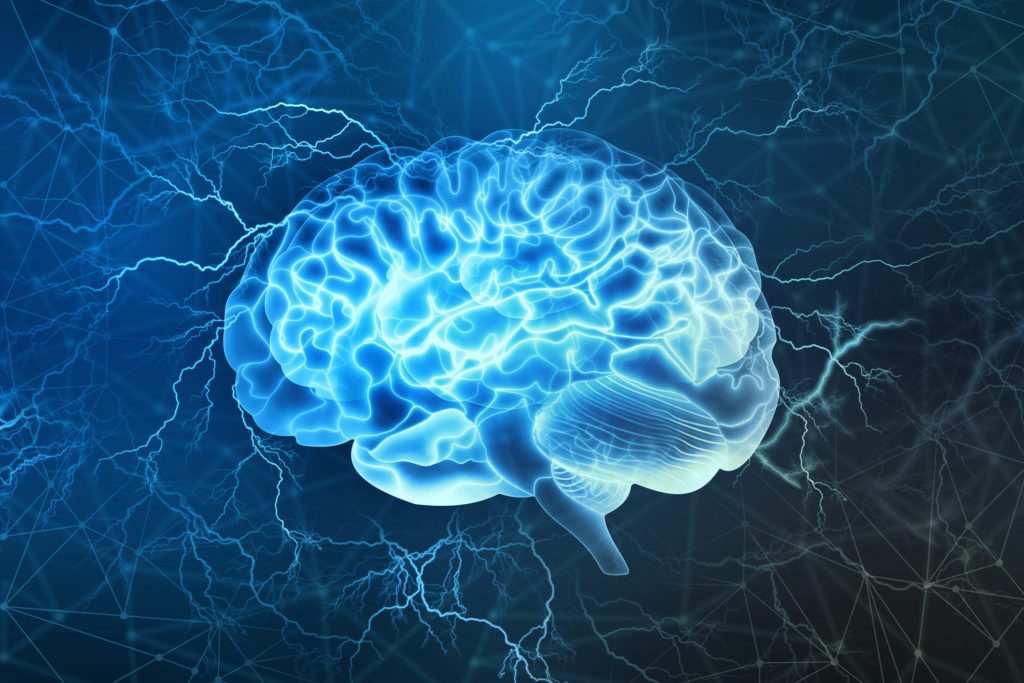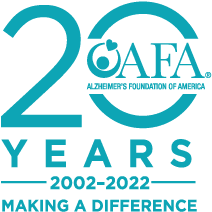About Alzheimer’s Disease and Dementia


What is Alzheimer’s disease?
Alzheimer’s disease is a progressive brain disorder that impacts memory, thinking and language skills, and the ability to carry out the simplest tasks. Alzheimer’s disease is the most common cause of dementia. Dementia itself is not a disease, but a term used to describe symptoms such as loss of memory, loss of judgment and other intellectual functions. Alzheimer’s disease can cause dementia. More than 6.2 million Americans are currently living with Alzheimer’s disease.
What are signs and symptoms of Alzheimer’s disease?
Although each individual is unique, experts have identified common warning signs of Alzheimer’s disease, including:
- Memory loss, especially of recent events, names, places and other new information
- Confusion about time and place
- Struggling to complete familiar tasks such as brushing one’s teeth
- Trouble finding appropriate words, for example in a sentence
- Difficulties in judging situations
- Changes in mood and personality
What are the stages of Alzheimer’s disease?
Alzheimer’s Foundation of America follows the National Institutes of Health’s National Institute on Aging in describing the disease in three stages early (mild), middle (moderate) and late (severe).
- Early (Mild)
In this stage, people may:
- Forget words or misplace objects
- Forget something they just read
- Ask the same question over and over
- Have increasing trouble making plans or organizing
- Not remember names when meeting new people
- Middle (Moderate)
In this stage, people may have:
- Increased memory loss and confusion
- Problems recognizing family and friends
- Continuously repeating stories, favorite wants
(e.g., foods, places, songs, etc.), or motions - Decreased ability to perform complex tasks
(e.g., planning dinner) or handle personal finances
(e.g., paying bills) - Lack of concern for hygiene and appearance
- Requiring assistance in choosing proper clothing
to wear for day, season, or occasion
- Late (Severe)
In this stage, there is almost total memory loss. The individual may:
- Recognize faces but forget names
- Mistake a person for someone else
- Delusions—such as thinking he/she needs to go to work — may set in,
even though he/she no longer has a job - There is a strong need for holding something close for tactile stimulation, nurturing, companionship and comfort
- Basic abilities such as eating, walking, and sitting up fade during this period; the individual may no longer recognize when he/she is thirsty or hungry and will need help with all basic activities of daily living.
It is important to note that Alzheimer’s disease is not a normal part of aging, and it is important to look for signs like these that might indicate Alzheimer’s disease versus basic forgetfulness or other conditions. With Alzheimer’s disease, these symptoms gradually increase and become more persistent.
Getting a free virtual memory screening is a good way to detect potential memory issues. Click here to learn more.




